If you’re dreaming of lazy days in Lisbon or the spicy culture of Brasília, then you'll need to learn a thing or two about Portuguese so that you're ready to converse with any native Portuguese speaker you meet on your travels.
Our handy guide will tell you all you need to know so that you can start learning Portuguese right away.
An Introduction to the Portuguese Language
Before taking you through the vocal necessities, let’s look at the Portuguese language in greater detail.
Portuguese is widely spoken. In fact, it's the third most spoken European language and the ninth most spoken language worldwide.
It is one of the Romance languages, which means that it's based on Latin. But over the centuries, Portuguese has taken on a number of influences, so you'll spot Germanic and even Greek influences in some of its words.
But this rich variety of Portuguese-speaking countries does mean that there are some notable nuances in the way the language is spoken. It's important to learn these as you progress in the language.

Brazilian and European Portuguese: How different are they?
The two primary forms of Portuguese are European and Brazilian Portuguese.
These two forms of Portuguese are closely connected, so native speakers from either country can easily converse with one another. However, there are some differences – primarily in pronunciation.
You'll notice that Brazilian Portuguese uses much more open vowel sounds, while European Portuguese tends to 'swallow' vowel sounds in the same way that English or Slavic languages do.
The end result can sound less musical to the ear.

Basic Portuguese Phrases for Travel
If you’re preparing for your next trip to a Portuguese-speaking country, you'll find the experience a lot easier, and much more sociable, if you learn a few basic Portuguese phrases first.
It's well worth committing to memory the following...
I speak a little Portuguese - Falo um pouco de Português
Sorry, I don't speak Portuguese - Desculpe, eu não falo Português
Yes, please - Sim, por favor
No, thank you - Não, obrigado/a
Do you speak English? - Você fala inglês?
I don't know - Não sei
Like many European languages, Portuguese uses gendered language. In this case, the gender depends on the person speaking, not the person they're speaking to.
Let's look at the common term thank you as an example. The female version is 'obrigada', while 'obrigado' is the masculine form.
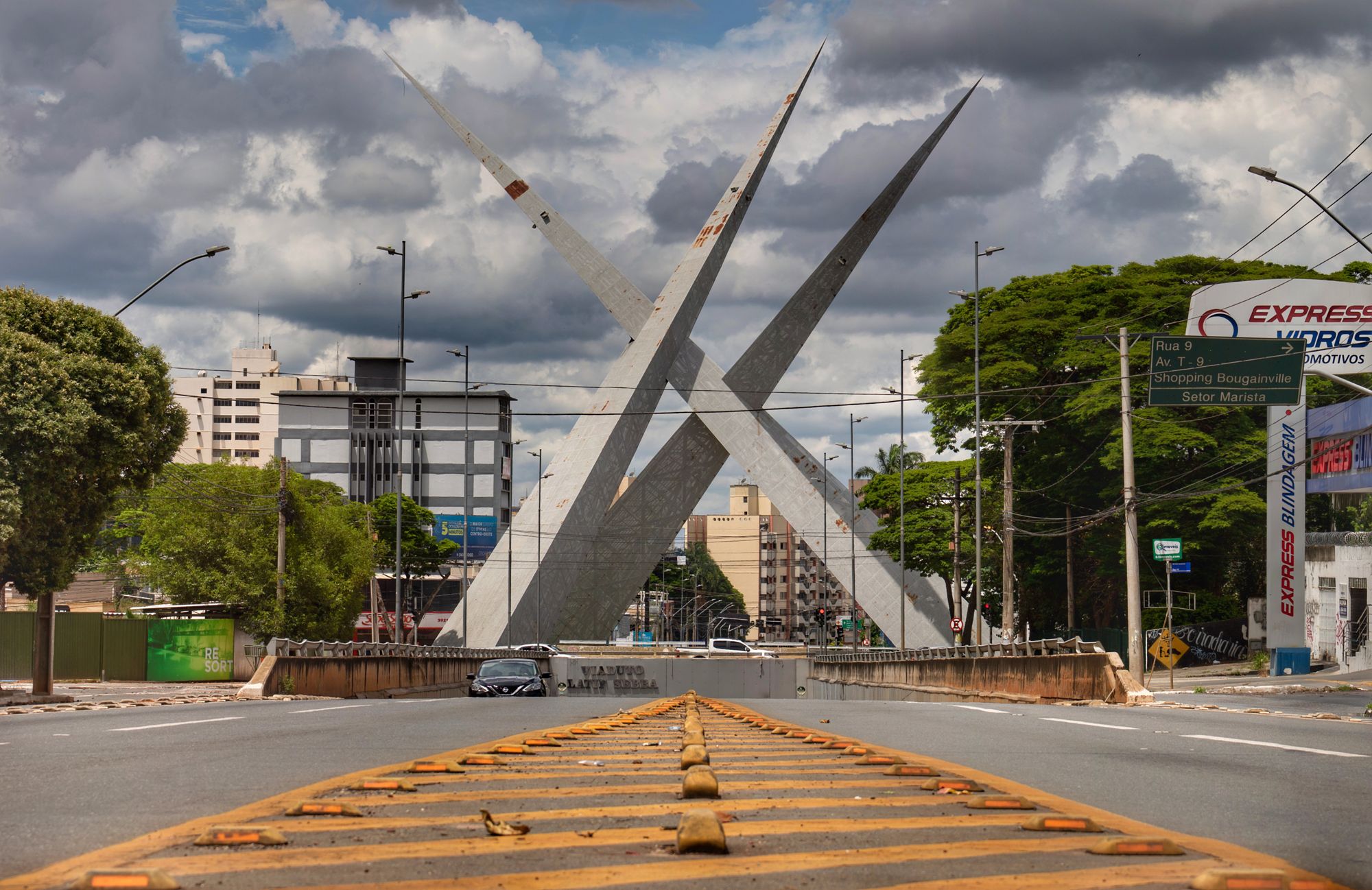
Times of the Day in Portuguese
Good day/Good morning - Bom dia
A cheerful greeting will get you far. As is the case in America, it's polite to greet the salesperson as you enter a shop or the waiter when you enter a restaurant.
'Bom dia' is a handy multipurpose phrase because it can mean 'good morning' or 'good day'.
Good afternoon – Boa tarde
Good evening/ good night - Boa noite
See you later - Até logo
See you tomorrow- Até amanhã
Goodbye - Adeus
Note that in English, 'good night' effectively closes a conversation. However, in Portuguese, 'boa noite' is more of a greeting.
It can be used interchangeably to mean this or 'good evening.'
Essential questions for travelers in Portuguese
Can I check-in, please? - Eu tenho uma reserva
Where is the bus stop? - Onde é o ponto de ônibus?
Where is the train station? - Onde é a estação de trem?
Where can I find a taxi? - Onde posso encontrar um táxi?
Portuguese phrases when out for dinner
One of the best reasons to visit Portugal – or, indeed, Brazil – is to sample the cuisine.
From alheira de Mirandela (Portuguese sausage) to quindim (a Brazilian egg-based pudding), you can try something new for every meal.
So it stands to reason, of course, that you'll need to know how to get yourself served in a restaurant.
These useful phrases will help...
A table for two people, please - Uma mesa para dois, por favor
Can I have the menu, please? - Pode dar-nos a ementa, por favor?
I would like to drink wine - Eu gostaria de beber vinho
Do you have Caipirinha? - Você tem Caipirinha?
The bill, please. - Posso receber a conta, por favor?
Where is the bathroom? (Brazilian Portuguese) - Onde é o banheiro?
Where is the bathroom? (European Portuguese) - Onde fica a casa de banho?

Basic Portuguese Greetings: How to greet someone in Portuguese
Whether you're meeting a study partner, a Tinder match, or a friendly shopkeeper, knowing how to start a conversation politely is key to learning Portuguese.
Hello - olá
Nice to meet you - Prazer em conhecê lo
This is the most commonly used casual form of this phrase, though this can be shortened to 'prazer', which literally just means 'pleasure.'
How are you? - Como está?/Como vai?
This will be one of the first phrases you commit to memory, purely because you'll hear it so much!
Plus, it's almost the same as the Spanish equivalent. To reply, you can say:
Very well - 'Muito bem'
I'm fine - 'Estou bem'
Or, if you want to try your hand at flirting, go with the following...
'Agora estou melhor – tu chegaste!' That literally means 'I'm doing much better now you've arrived!'
To return the question, say:
'And you?' - E você?'
Basic Portuguese words to get someone's attention in Portuguese
There are several accepted ways to catch the attention of a waiter or shopkeeper.
However, the best way to go will depend on whether you're in a European Portuguese environment or a Brazilian Portuguese one.
In Brazilian Portuguese, you can try:
O!
This is a commonly used attention grabber and an easy one to pick up while you're learning Portuguese.
Bom dia
Any kind of greeting – whether it's 'bom dia' or a time-based substitute, is a polite way to get someone's attention.
Desculpa
This one effectively means 'excuse me' and is an easy word to pick up in your new language.
If you're in Portugal, greetings such as 'bom dia' are equally effective. Or try...
Com licença
Just like 'desculpa', this basically means the same as 'excuse me.'
However, in Portugal, you'd use this to catch someone's attention and then use 'desculpa' before asking a question – such as:
Excuse me, where are the toilets? - Com licença, onde estão os banheiros?
Common Portuguese phrases to flirt in Portuguese
Good afternoon, how's it going? - Boa tarde, como vai?
I'm good - Eu estou bem
What's your name? - Qual é o seu nome?
Where are you from? - De onde você é?
I am from... - Eu sou de ...
Other phrases to flirt in Portuguese
Hmm, those were a little tame, right?
Give these phrases a whirl...
I couldn't help but notice you - Não pude deixar de te notar
This is one to use when you've spotted the object of your affections across a crowded bar.
What ugly clothes you have on! Take them off. - Que roupa feia. Tira isso agora.
Look, it's bold if nothing else!
Is your father a painter? Because he made a masterpiece! - Sue pai é pintor? Porque ele fez uma obra-prima!
Perhaps it's best to tell your mother not to expect any grandchildren.
Of course, if none of the above work, you can easily shrug it off to your friends by saying...
There's no chemistry - Não tem química

More Portuguese phrases for travel
There are a few more phrases you'll find handy to know. For example...
My name is... – Meu nome é...
See you – Até mais
All good - Tudo bem
And your name? - É o seu nome?
Thank you – Muito obrigada/o
No problem/You're welcome – De nada
Tips to learning Portuguese fast
Whether you plan on visiting Portugal, you're heading to Brazil, or you just want to start learning the most common Portuguese phrases for fun, there are plenty of great hacks you can use to do so quickly and easily.
Learn Portuguese through video
One great way to learn languages is to watch authentic videos in the language. This makes the whole process of learning a new language a bit more fun and natural.
No matter how much free time you have to devote to language learning, Lingopie has the tools to suit you.
With plenty of Portuguese and Brazilian TV shows and movies available on-demand, you'll be able to learn easily with subtitles.
Learning languages like Portuguese through video is also a great way to learn about formal versions of the language, as well as the masculine and feminine rules.
Build on the essential phrases you're learning
So, you've already picked up the most common Portuguese phrases. That's a great start!
Now you're ready to progress your comprehension through conversations with natives, or by consuming content in the language, such as podcasts, audiobooks, and YouTube videos.
Practice a little each day and you'll be fluent in Portuguese more quickly than you think.
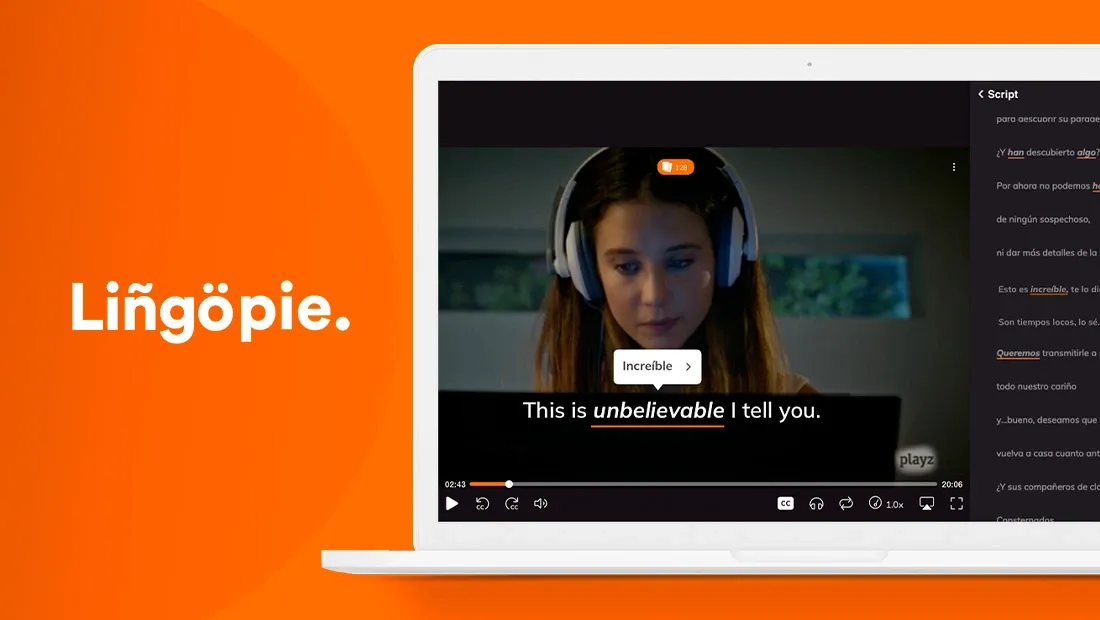
Summing Up: Portuguese Phrases for Travel
Even though learning a language may seem intimidating right now, Portuguese is actually relatively easy to learn.
With its Latin and Germanic roots, there are so many similarities to English. Once you've picked up some key basics, you'll find yourself flying through your language learning journey and learning phrases for fun.
Whatever your goals, Lingopie makes learning a language and becoming fluent easier than ever.
Sign up for a free trial now and discover a wealth of great resources designed to help you speak Portuguese confidently and capably this year.
If conversation is your thing and you want to make your travelling experience an absolute breeze, pick up these french conversation starters.
Not everyone is up for the challenge of learning two languages at once, so you may want to know even more about Portuguese and how it compares to Spanish.


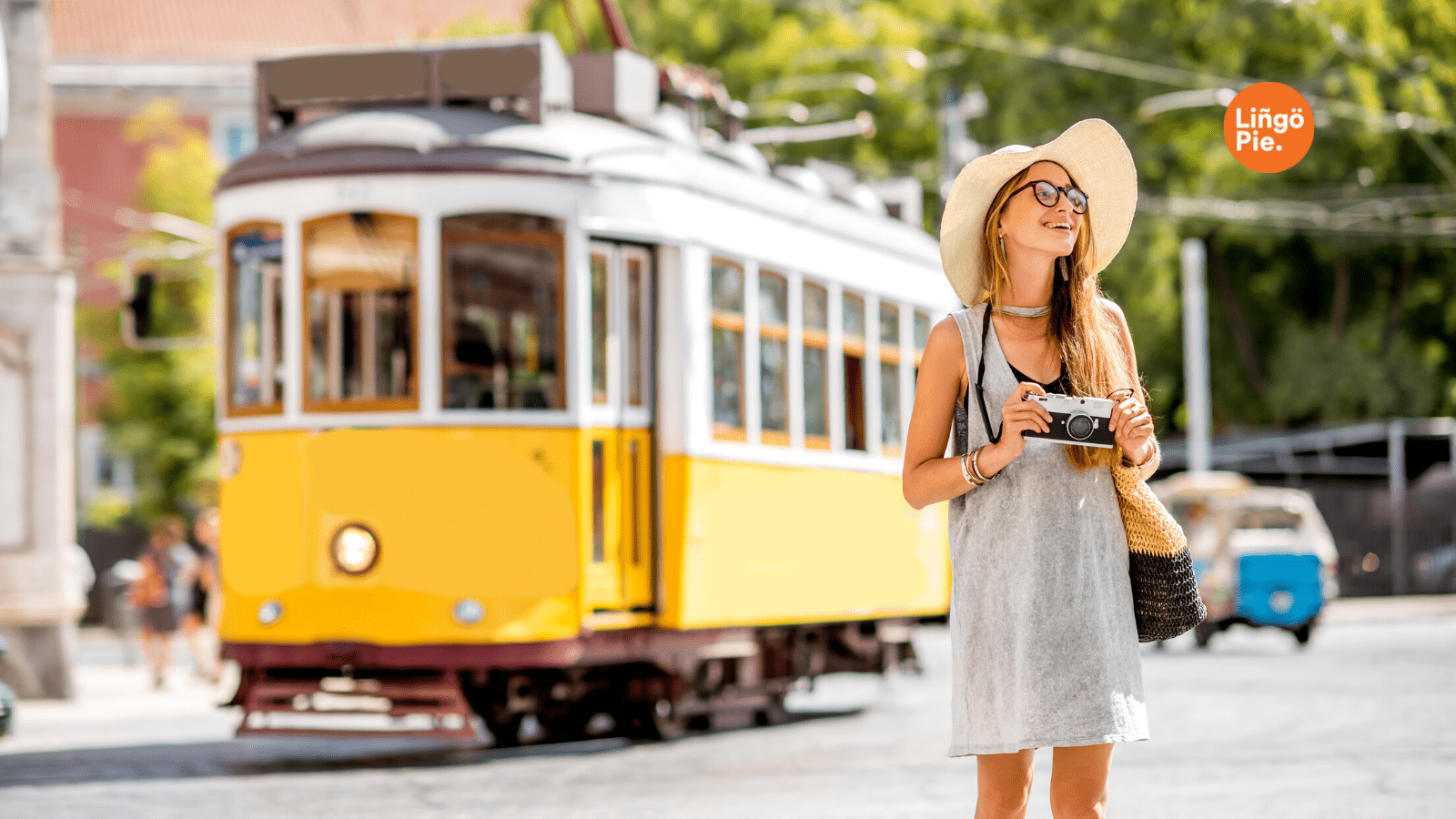

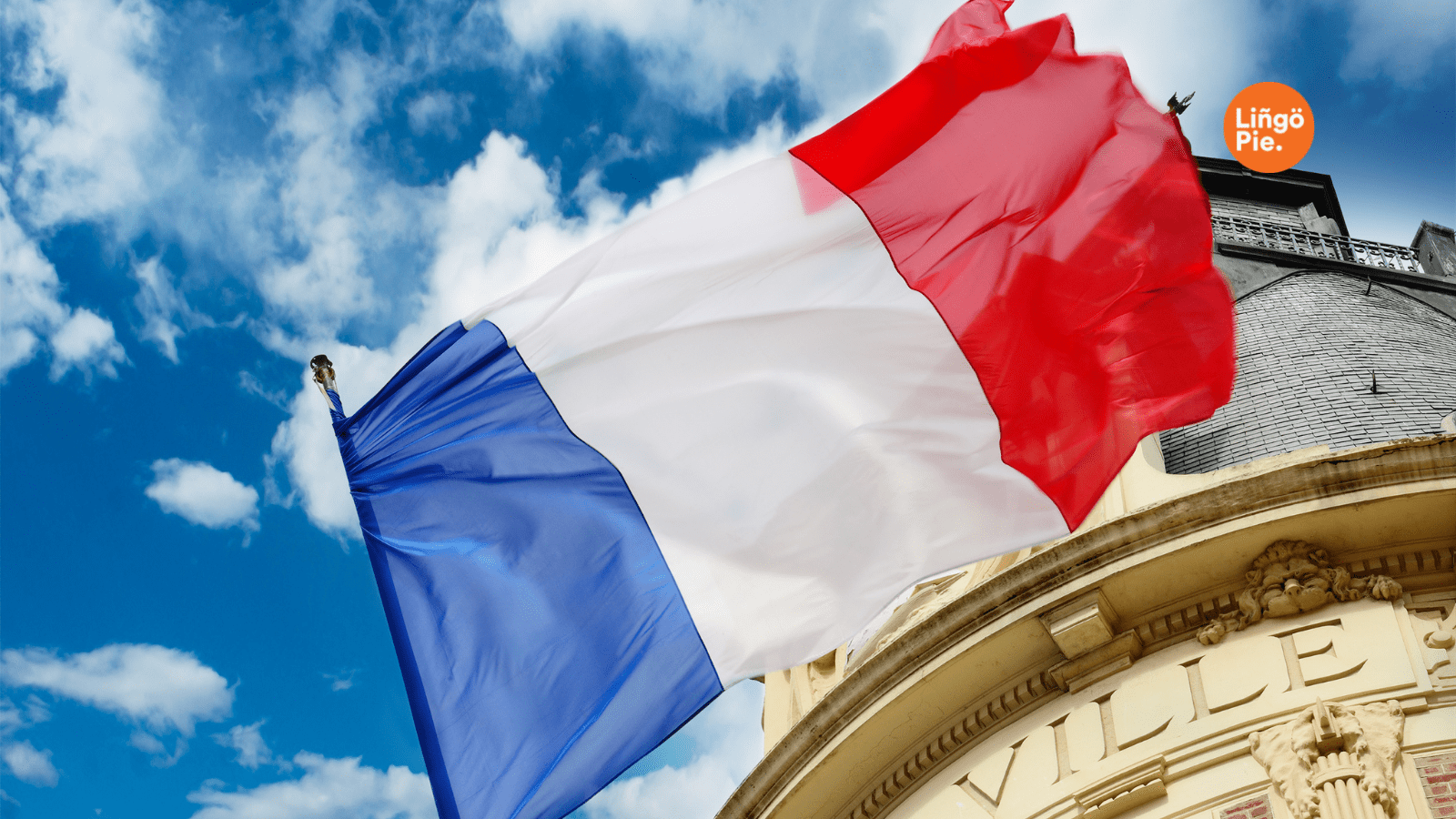
![10 German Series on Netflix to Help You Learn German [For Beginners]](/blog/content/images/size/w1200/2022/10/German-Shows-on-Netflix-to-Learn-German.webp)
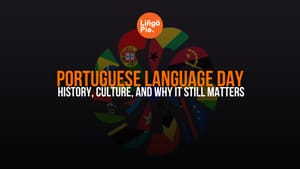

![How To Learn Portuguese Fast? [Best 2025 Guide]](/blog/content/images/size/w300/2024/08/Lingopie-2.png)
